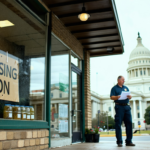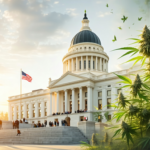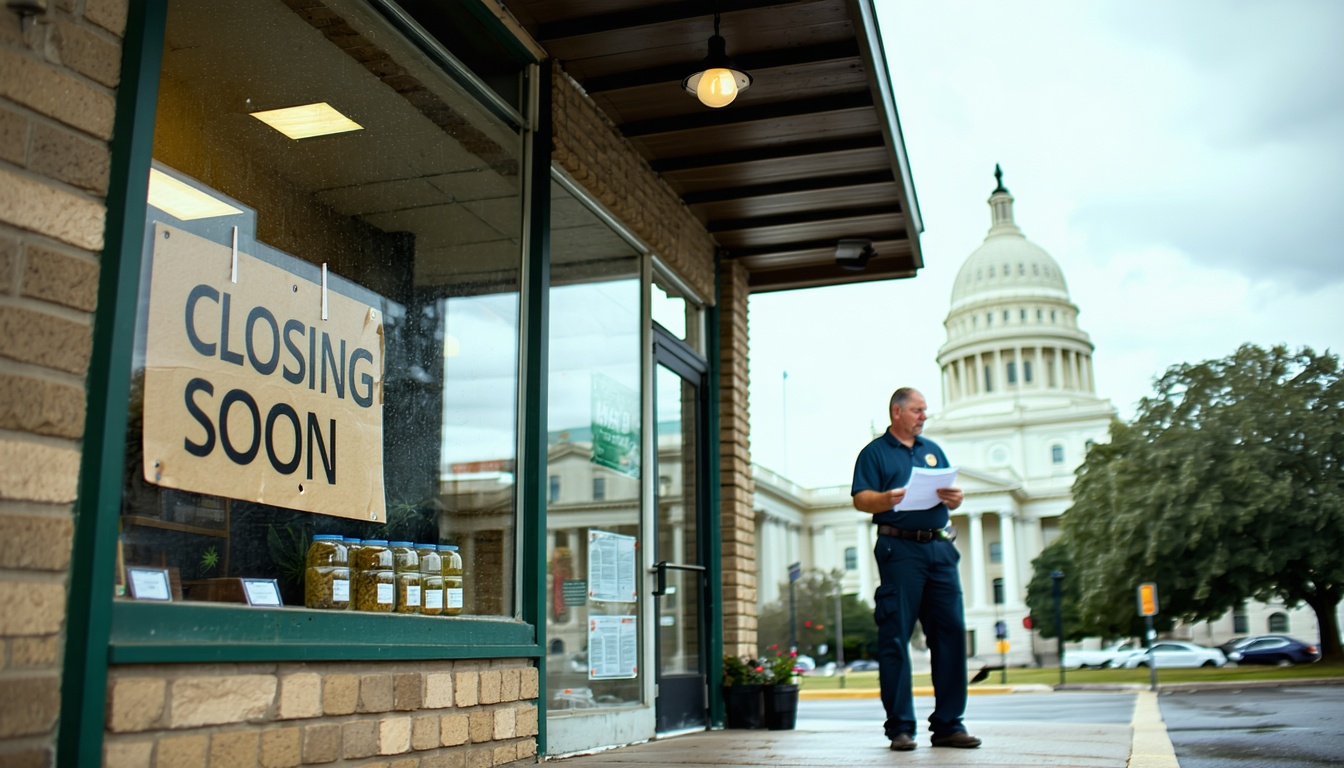California Governor Gavin Newsom has announced new emergency regulations aimed at banning hemp products that contain any detectable amount of THC, the psychoactive compound found in cannabis. The proposal, which is supported by the California Department of Public Health and the Department of Cannabis Control, would also limit the sale of non-intoxicating hemp products to adults 21 and older and restrict their packaging to five servings per package.
The move comes after the state legislature failed to pass a bill that would have imposed similar restrictions on intoxicating hemp-derived cannabinoids. Newsom has argued that the proliferation of hemp products with THC has created a public health risk, particularly for children.
However, some stakeholders have raised concerns that the proposed regulations could have unintended consequences, such as limiting access to federally legal CBD products. The California Cannabis Industry Association, which represents marijuana businesses, has expressed support for the proposal, while the hemp industry has spoken out against it.
The debate over hemp-derived cannabinoids has also played out at the federal level, with some lawmakers pushing for a ban on semi-synthetic cannabinoids like delta-8 THC. The U.S. Department of Agriculture has also taken steps to regulate the hemp industry, including revoking licenses for farmers who are simultaneously growing marijuana under state-approved programs.
In California, the hemp industry has faced unique regulatory hurdles, including a ban on industry participation by people with prior drug felony convictions. However, advocates have pushed for changes to this policy, and some lawmakers have introduced bills to eliminate the ban.
The California hemp industry has also been affected by the ongoing federal prohibition of some forms of the cannabis plant, which has created confusion and uncertainty for farmers and businesses. Despite these challenges, the hemp market in California has continued to grow, with some estimates suggesting that it is larger than all state marijuana markets combined.
Overall, the debate over hemp-derived cannabinoids highlights the complexities and challenges of regulating the cannabis industry, particularly at the state and federal levels. While some stakeholders see the proliferation of THC-containing hemp products as a public health risk, others argue that the regulations could have unintended consequences and limit access to federally legal CBD products.












